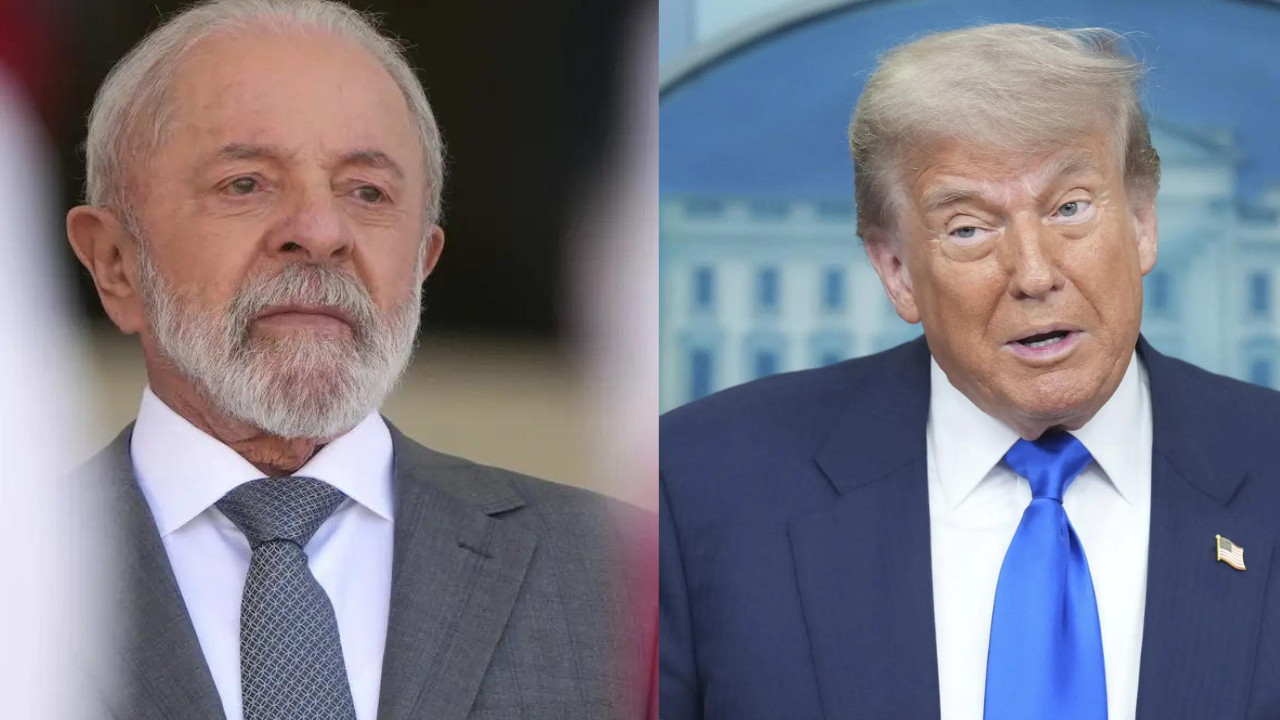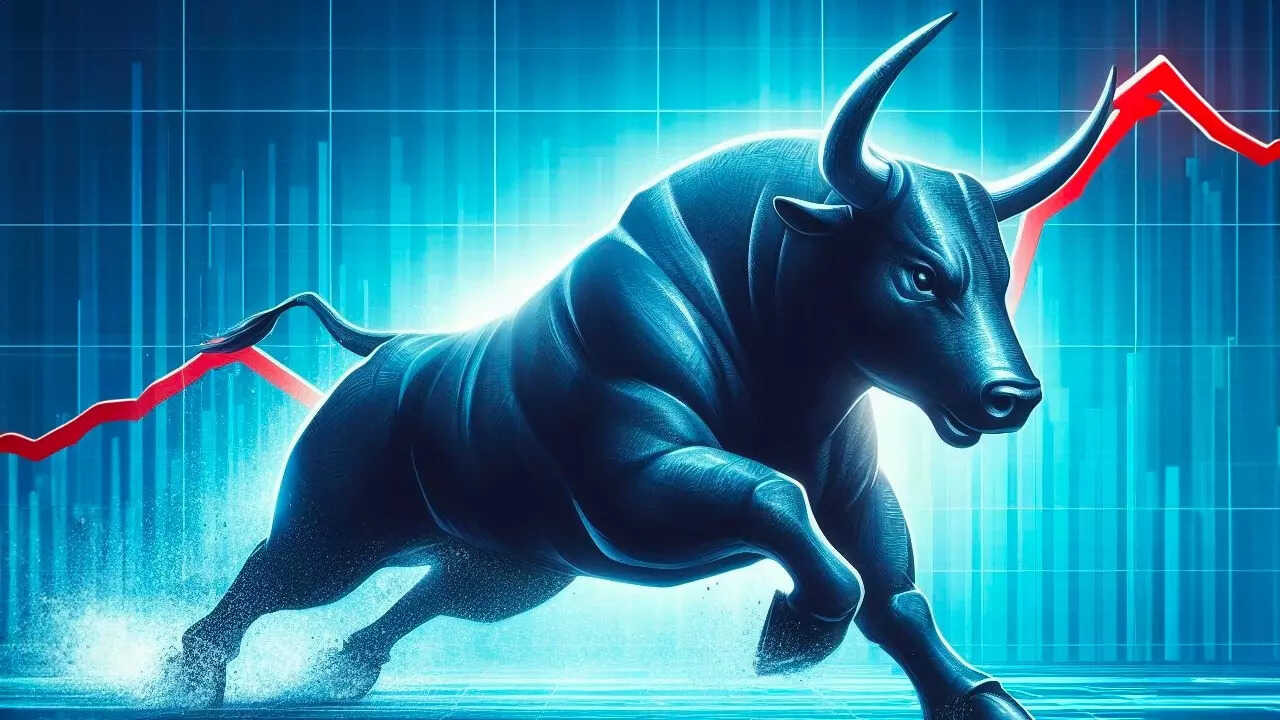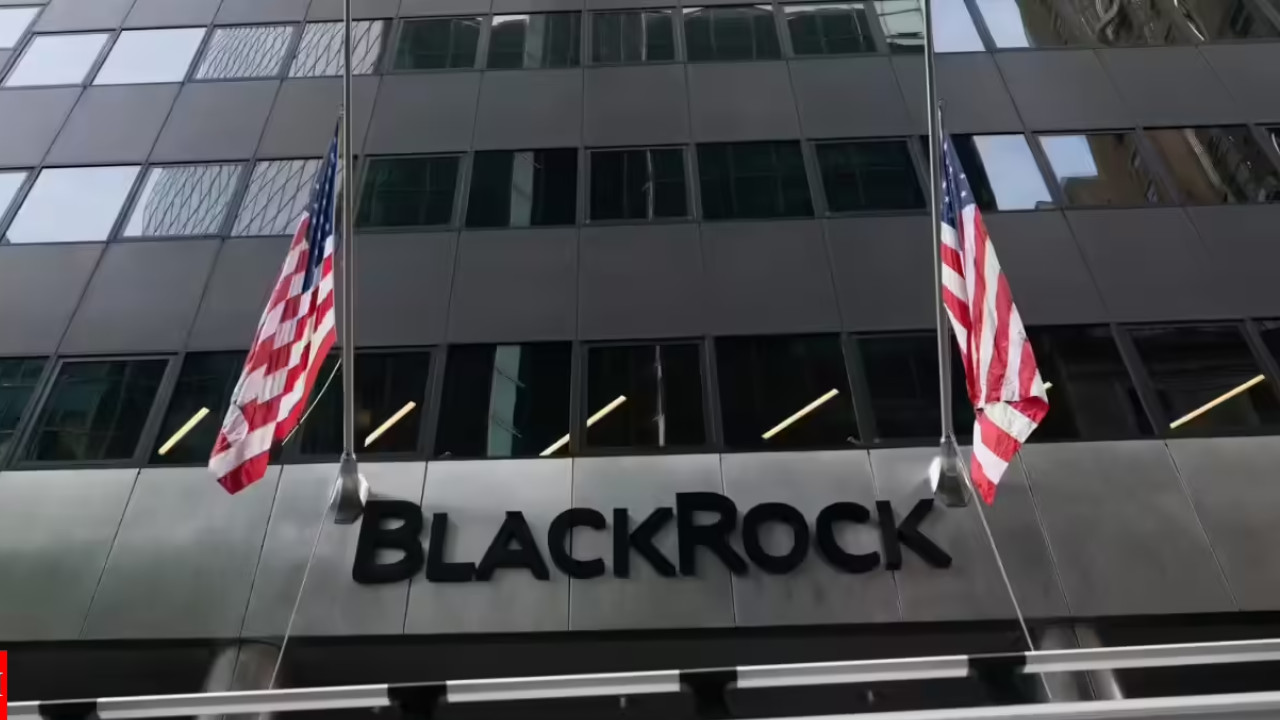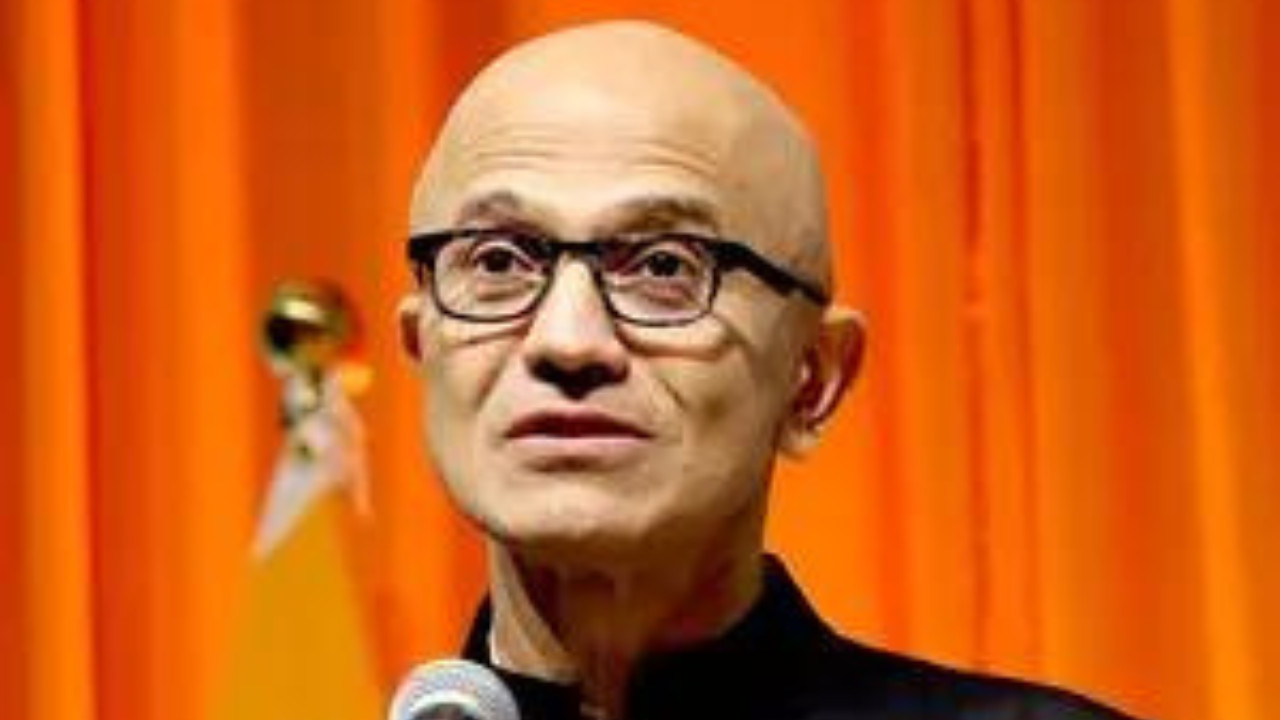Brazil Hit With Unexpected Tariff Hike: What’s Really Going On?
The world of international trade just got a whole lot more interesting, and perhaps more turbulent. Former US President Donald Trump recently announced a hefty 50% tariff on goods imported from Brazil, a move that sent ripples of shock and confusion throughout the global economy. But this isn’t just a random shot across the bow. Trump’s justification, as unconventional as ever, hinges on what he calls a “witch hunt” against his ally, former Brazilian President Jair Bolsonaro. Let’s unpack what this means and explore the potential ramifications.
The “Witch Hunt” and Bolsonaro: More Than Meets the Eye?
Trump’s statement paints a picture of political persecution, suggesting that Bolsonaro is being unfairly targeted. While details of the alleged “witch hunt” remain murky, it is likely related to ongoing investigations into Bolsonaro’s actions during and after his presidency. These investigations include scrutiny of his role in the January 8th, 2023, attack on Brazil’s Congress, Supreme Court, and Presidential Palace – an event many compared to the January 6th insurrection in the United States.
Whether these investigations constitute a legitimate pursuit of justice or a politically motivated attack is, of course, a matter of perspective. However, Trump’s unwavering support for Bolsonaro is well-documented, and this tariff announcement can be interpreted as a clear signal of solidarity. But is this a sound basis for implementing trade policy?
Understanding the Impact of the 50% Tariff
The immediate impact of this Brazil tariff will be felt by businesses on both sides. Brazilian exporters will face a significant disadvantage, making their goods considerably more expensive in the US market. This could lead to decreased sales and potentially damage key sectors of the Brazilian economy.

American consumers might also see price increases on certain goods imported from Brazil, potentially impacting their wallets. The long-term consequences are even harder to predict. Will other countries follow suit, creating a domino effect of protectionist measures? Could this escalate into a broader trade war, further disrupting the global economy? These are questions that businesses and policymakers are grappling with right now.
Is This Really About Bolsonaro? Or Something More?
While the stated reason for the tariff focuses on Bolsonaro, some suspect other factors might be at play. Trump has a history of using tariffs as a negotiating tactic, leveraging them to achieve broader economic or political goals.
Could this be an attempt to pressure the current Brazilian government on other trade issues? Perhaps it is linked to ongoing disputes over agricultural exports or intellectual property rights. It’s also possible that this is a strategic move to appeal to a specific segment of the US electorate, particularly those who support protectionist policies and view international trade with suspicion.
Whatever the underlying motivations, one thing is clear: this tariff announcement has introduced a significant level of uncertainty into the trade relationship between the US and Brazil. It’s a move that deviates from traditional economic diplomacy and introduces a new layer of complexity to international relations.
What Happens Next With Brazil Trade?
The future remains uncertain. The Brazilian government is likely to respond diplomatically, seeking to negotiate a resolution and avoid further escalation. Legal challenges to the tariff are also possible. Businesses on both sides will need to adapt to the new reality, exploring alternative markets and adjusting their supply chains.
It is also important to watch how other countries react to this development. Will they condemn the move as a violation of international trade rules, or will they see it as an opportunity to gain a competitive advantage? The answer to this question could shape the future of global trade for years to come.
Ultimately, the tariff on Brazil raises fundamental questions about the role of trade in international relations. Is it a tool for economic growth and cooperation, or a weapon to be wielded in pursuit of political objectives? The answer, it seems, depends on who is in power and what their priorities are. Learn more about international trade policies and their impact on global economies.
This unexpected tariff hike throws a wrench into the intricate gears of global trade. While the stated reason revolves around political solidarity, the actual motivations could be far more complex. Businesses, policymakers, and consumers alike will need to carefully monitor the situation and prepare for potential disruptions. The coming months will be crucial in determining the long-term impact of this controversial decision.







